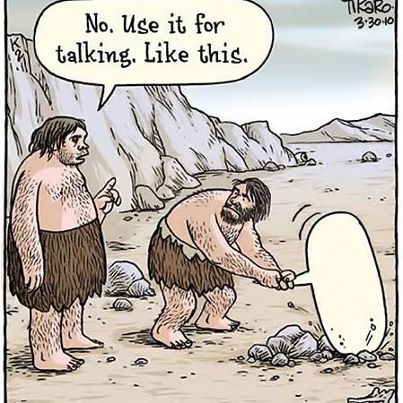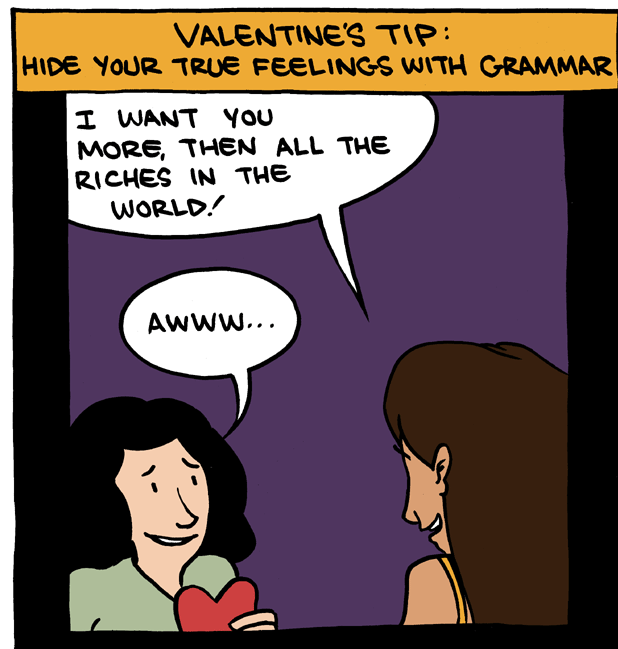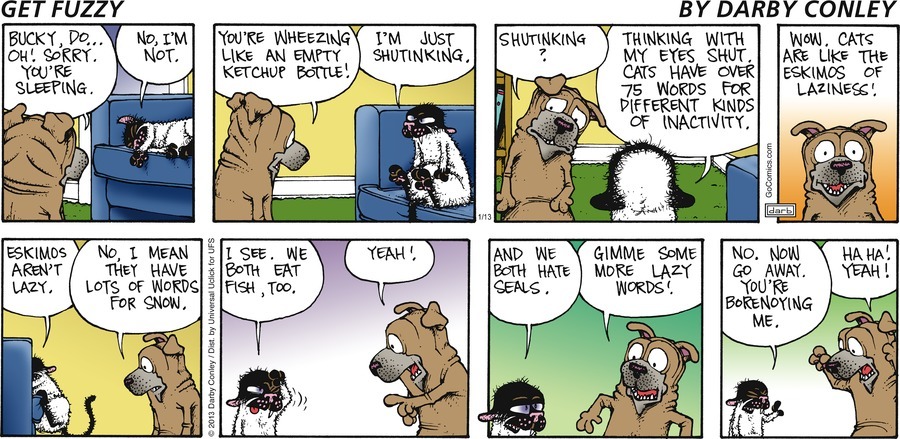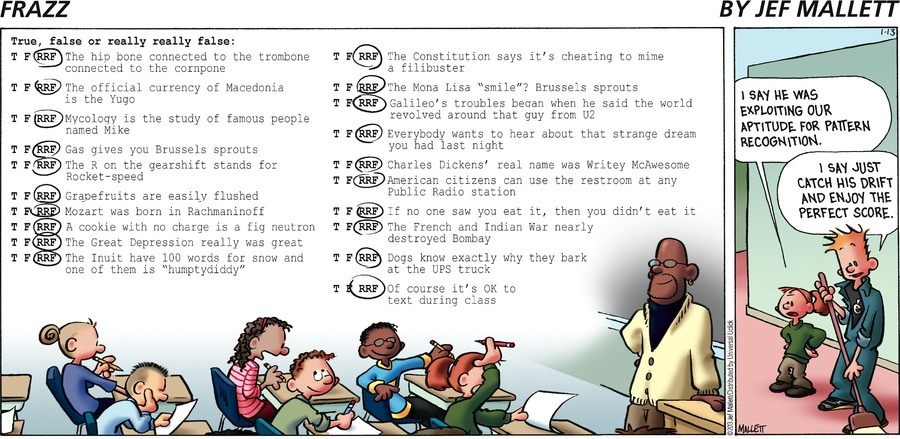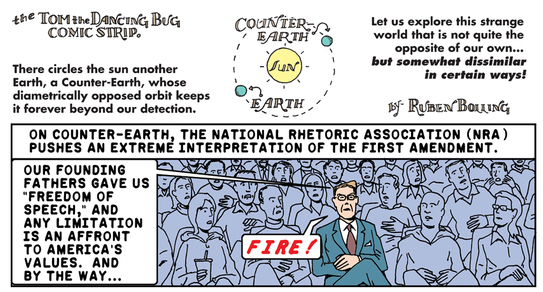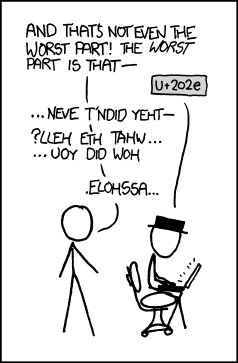Archive for Linguistics in the comics
There's no limit to what he won't do
Kevin & Kell for 2/16/2013:
Among the various misnegation explanations, "negative concord" seems to fit this one best.
Read the rest of this entry »
The cyberpragmatics of bounding asterisks
On Daring Fireball, John Gruber noticed something interesting about David Pogue's New York Times review of the Surface Pro: what he calls "the use of bounding asterisks for emphasis around the coughs." Pogue wrote:
For decades, Microsoft has subsisted on the milk of its two cash cows: Windows and Office. The company’s occasional ventures into hardware generally haven’t ended well: (*cough*) Zune, Kin Phone, Spot Watch (*cough*).
And the asterisks weren't just in the online version of the Times article. Here it is in print (via Aaron Pressman):
Read the rest of this entry »
Snow words in the comics
Coincidentally, two syndicated comic strips running today riff off of the old "Eskimo words for snow" canard. In Darby Conley's "Get Fuzzy," Satchel the dog discovers that "cats are like the Eskimos of laziness":
And in Jef Mallett's "Frazz," one of the "really really false" statements on Mr. Burke's quiz is "The Inuit have 100 words for snow and one of them is 'humptydiddy'":
(Hat tip, Nancy Friedman and Ed Cormany.)
Language change across the lifespan
One theory, anyhow:
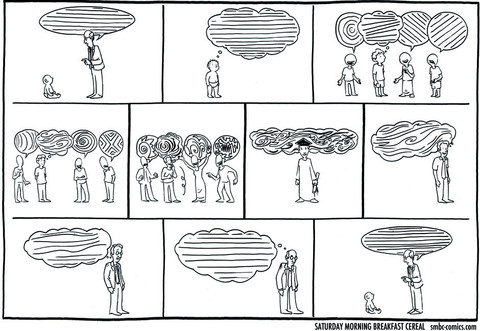
This is an old SMBC comic, now available as a poster.
Read the rest of this entry »
Genetic effects on syntax, usage and punctuation
In yesterday's Doonesbury, Earl and Duke discuss possible angles for a PR campaign in favor of Texas secession:
Read the rest of this entry »
It's worse than you thought
The most recent xkcd:
Mouseover title: "Collaborative editing can quickly become a textual rap battle fought with increasingly convoluted invocations of U+202a to U+202e."
Read the rest of this entry »

